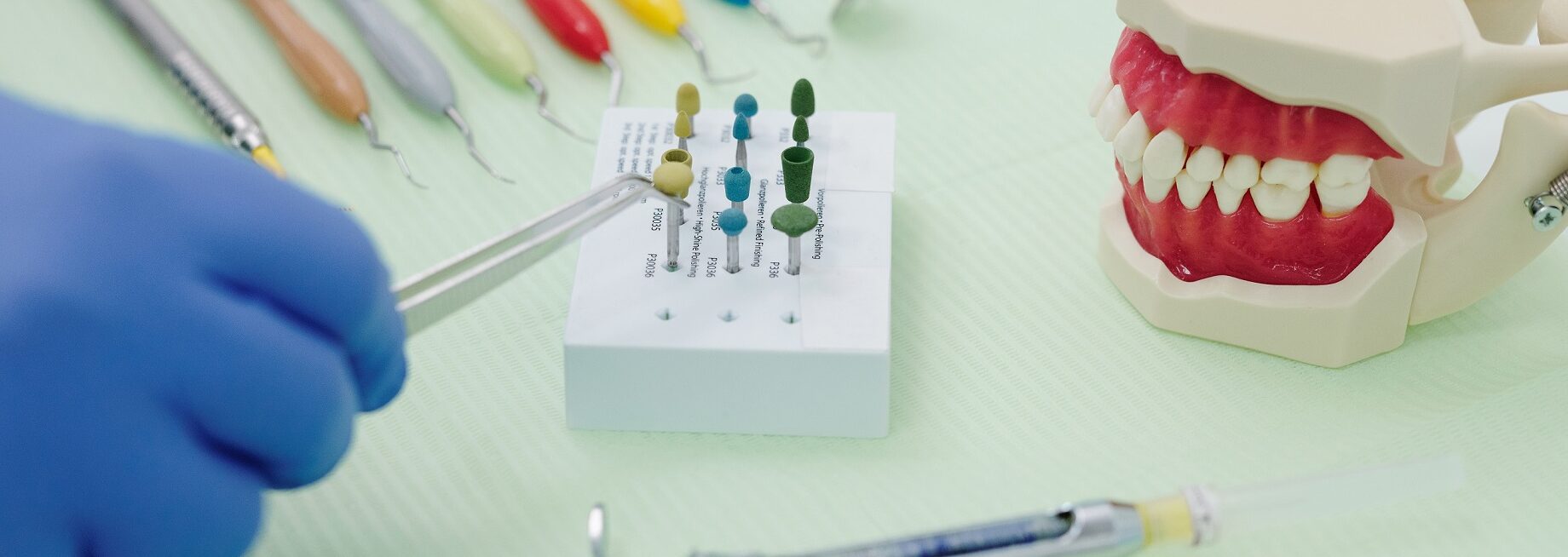15 Common Dental Services You Should Know
Taking care of your oral health is essential for maintaining a healthy and confident smile. Regular visits to the dentist are crucial not only for preventive care but also for addressing any dental issues that may arise. Understanding the various dental services available can help you make informed decisions about your oral health. In this article, we will explore 15 common dental services that you should know.
- Dental Cleanings
Regular dental cleanings are a fundamental part of preventive dental care. During a cleaning, a dental hygienist will remove plaque and tartar buildup from your teeth, ensuring they are clean and free from harmful bacteria. This helps prevent cavities, gum disease, and bad breath.
- Dental Examinations
Comprehensive dental examinations are performed by dentists to assess your overall oral health. They involve a thorough examination of your teeth, gums, tongue, and other oral tissues. Dental examinations help identify any potential issues such as tooth decay, gum disease, or oral cancer.
- X-Rays
Dental X-rays are diagnostic tools used to detect hidden dental problems. They provide detailed images of the teeth, jawbone, and other oral structures, allowing dentists to identify issues that may not be visible during a regular examination. X-rays are invaluable for diagnosing cavities, infections, impacted teeth, and bone loss.
- Fillings
Fillings are used to restore teeth damaged by decay. After removing the decayed portion of the tooth, the dentist fills the cavity with a dental material such as composite resin or amalgam. Fillings restore the tooth’s structure, prevent further decay, and improve its appearance.
- Crowns
Dental crowns, also known as caps, are custom-made restorations that cover damaged or weakened teeth. Crowns are often used for teeth that have undergone root canal treatment, suffered significant decay, or are fractured. They protect and strengthen the tooth, restoring its function and aesthetics.
- Bridges
Dental bridges are used to replace one or more missing teeth. They consist of artificial teeth (pontics) anchored to adjacent natural teeth or dental implants. Bridges restore the appearance of your smile, improve chewing ability, and prevent the shifting of adjacent teeth.
- Dentures
Dentures are removable appliances used to replace missing teeth. They come in two types: complete dentures, which replace all teeth, and partial dentures, which replace only a few missing teeth. Dentures restore your ability to chew and speak properly and enhance your smile.
- Root Canal Therapy
Root canal therapy is performed to save a severely infected or decayed tooth. The procedure involves removing the infected pulp from the tooth’s root canal, cleaning and disinfecting the area, and sealing it to prevent further infection. Root canal therapy can relieve pain and save the natural tooth from extraction.
- Extractions
Tooth extractions are necessary when a tooth is damaged beyond repair or poses a risk to oral health. Extractions may be required for severely decayed teeth, impacted wisdom teeth, or teeth that are causing crowding or orthodontic issues. Dentists perform extractions with precision and provide options for tooth replacement, if needed.
- Dental Implants
Dental implants are titanium posts surgically placed into the jawbone to replace missing teeth. They provide a stable foundation for artificial teeth, such as crowns or bridges. Dental implants offer a durable and natural-looking solution for tooth replacement, restoring both function and aesthetics.
- Orthodontics
Orthodontic treatments correct misaligned teeth and jaw irregularities. Braces, clear aligners (such as Invisalign), and other orthodontic appliances are used to gradually move teeth into proper alignment. Orthodontic treatment improves your bite, enhances your smile
and facial appearance, and promotes better oral health by making it easier to clean your teeth.
- Teeth Whitening
Teeth whitening procedures are popular for improving the color and brightness of your teeth. They involve the use of bleaching agents to remove stains and discoloration caused by factors such as aging, smoking, and certain foods or beverages. Teeth whitening can significantly enhance the aesthetics of your smile.
- Dental Bonding
Dental bonding is a cosmetic procedure used to repair chipped, cracked, or discolored teeth. It involves the application of a tooth-colored resin material to the affected tooth, which is then shaped and polished to blend seamlessly with the surrounding teeth. Dental bonding is a cost-effective and conservative way to improve the appearance of your smile.
- Gum Disease Treatment
Gum disease, also known as periodontal disease, affects the gums and supporting structures around the teeth. If left untreated, it can lead to tooth loss and affect overall oral health. Gum disease treatments include deep cleaning procedures, such as scaling and root planing, to remove plaque and tartar from below the gumline and promote gum tissue healing.
- Oral Surgery
Oral surgery encompasses various surgical procedures performed in the oral and maxillofacial area. This includes the extraction of impacted teeth, placement of dental implants, corrective jaw surgery, and treatment for oral pathologies. Oral surgery is often performed by oral surgeons who have specialized training in surgical procedures related to the mouth and jaw.
These are just a few of the common dental services available to address a wide range of dental needs. It’s important to note that the specific treatments recommended for you will depend on your unique oral health situation and the professional judgment of your dentist.
Regular visits to the dentist, along with good oral hygiene practices at home, form the foundation of maintaining optimal oral health. By staying informed about the dental services available, you can actively participate in your dental care, make informed decisions, and work towards achieving a healthy and beautiful smile.
Remember to consult with your dentist to determine the most suitable treatments for your specific needs. With the right dental care and professional guidance, you can maintain a healthy smile for a lifetime.

